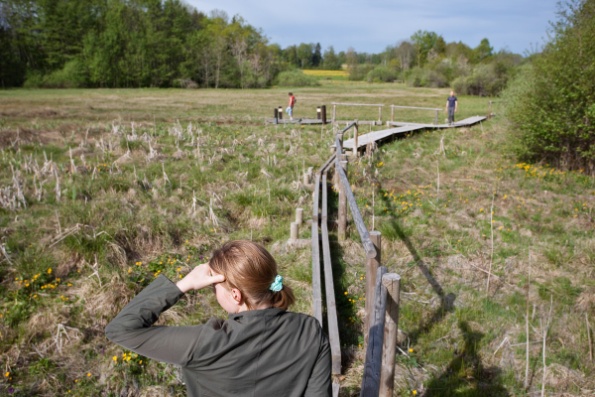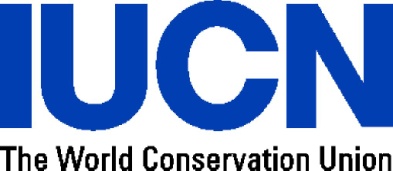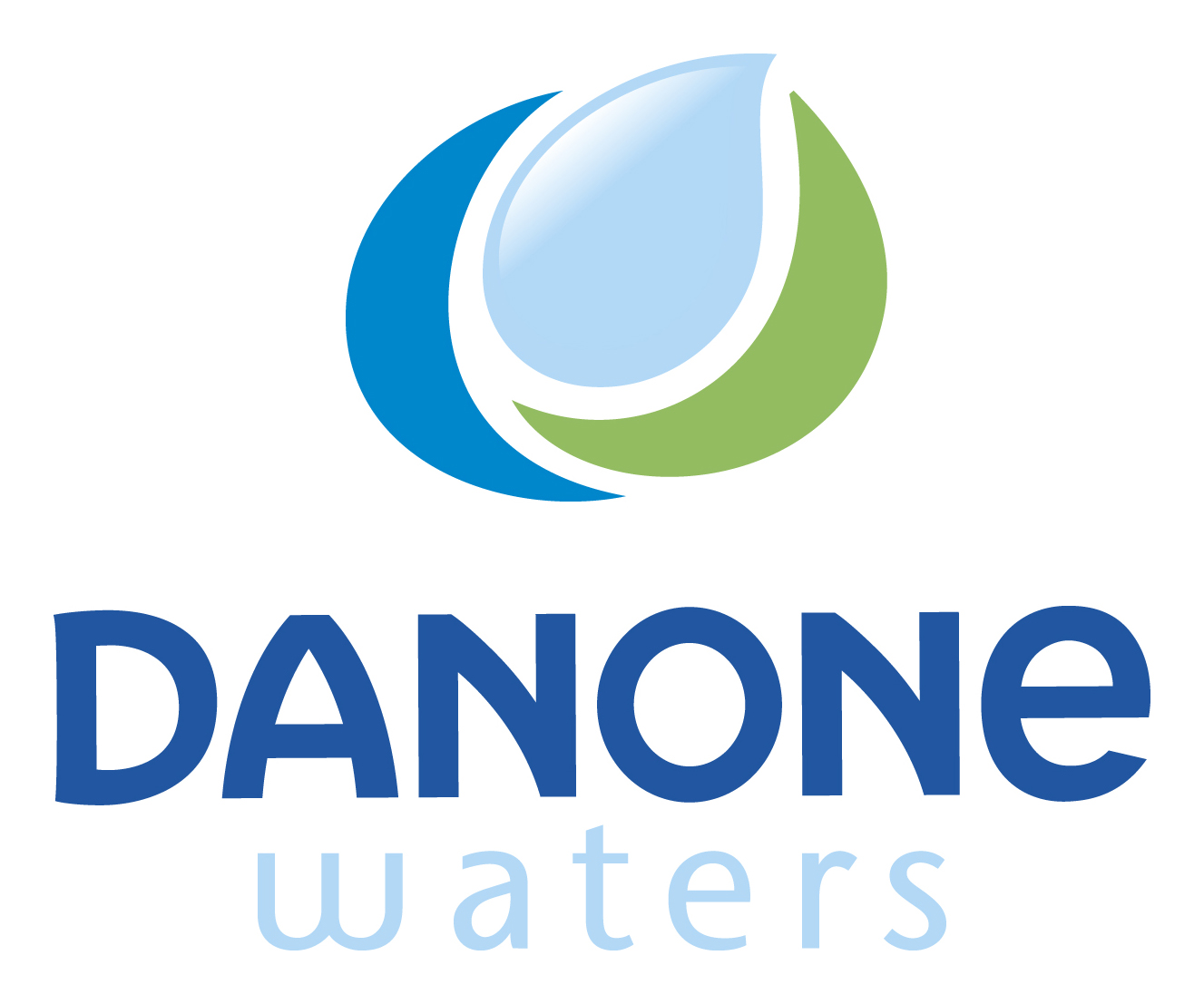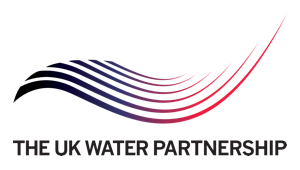The challenge
The most important characteristic of evian water is its high purity, which results from slow filtration of the water through soils, rocks and other natural elements of the landscape, such as wetlands.
Protecting Danone Waters' business (evian, Volvic, Aqua...) and customers, as well as the local people and biodiversity in the basins that provide water to its bottling plants, are synonymous. Danone wishes to be recognised as an international leader in sustainable water resource management meeting, and where possible exceeding, international benchmarks, best practice, norms and standards. The company is seeking advice from organisations that can provide scientific support to achieve these aims.

A description of the “Evian country”, and the involvement of local stakeholders in catchment protection is available here.
The solution
IUCN and Ramsar established a technical task team and organised a workshop on behalf of Danone Waters to provide technical advice in improving a methodology on sustainable groundwater management that Danone Waters has developed since 3 years. This tool aims not only to control and to monitor on site current water risks, but also to ensure a wise use of the water resources of their site at the basin level.
The team used best scientific knowledge to recommend improvements to Danone Waters’ tool focusing on indicators, scores and means of verification. Scientific advice was drawn from many areas of science including hydrology, ecosystem services, water quality and environmental flows. Danone Waters is taking in account the advice to improve its internal environmental assessment processes and further activities involving the task team are already planned.
Resulting benefits
Danone Waters groundwater management tool and the Groundwater Resources Protection Policy of Danone Group are an integral part of its management activities. Consequently, any improvements based on best hydrological and environmental sciences will have direct benefits to Danone’s operations and business success.
Future directions
The project demonstrates how scientific advice can be of direct benefit both to the better business practices and sound environmental management. It also shows how research undertaken in the UK can be very applicable to environments in different parts of the world.
Customer:


(owners of Evian and other bottled water products)
Sources of funding
NERC national capability
IUCN, Ramsar

Mike Acreman
Centre for Ecology and Hydrology
t: +44 (0) 1491 838800
UK Water Research Directory entry

The study is led by the Ramsar Convention on Wetlands, and the International Union for the Conservation of Nature (IUCN). They established a working group to support Danone Waters which included consultants, academics, NGOs and international organisations.








































 The Water Security Knowledge Exchange Portal supports the objectives of the
The Water Security Knowledge Exchange Portal supports the objectives of the 